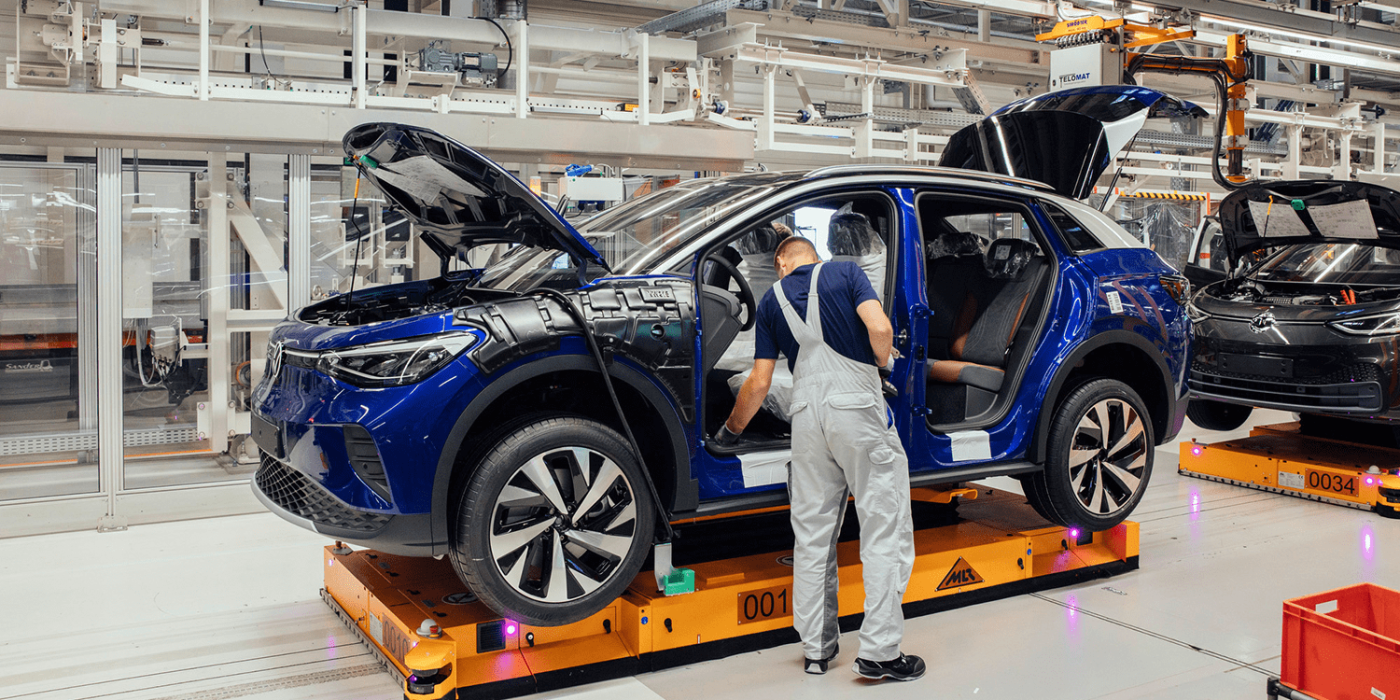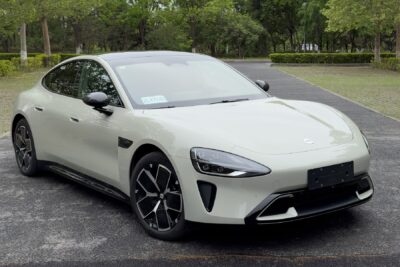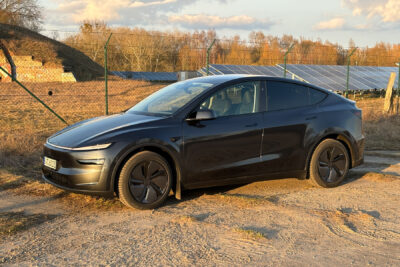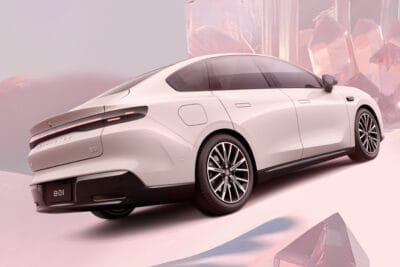VW considers European joint venture with Chinese manufacturer
But first to Germany: a few days ago, Reuters reported that Chinese authorities and manufacturers were reportedly eyeing VW sites in Germany. However, this was apparently still about a takeover of the locations counted out, such as Dresden or Osnabrück. The Chinese, however, were already expecting resistance to such a takeover if VW, Germany’s industrial symbol, were to cede a factory to one of the up-and-coming manufacturers from the Far East.
The scenario now outlined in Manager Magazin could circumvent such concerns – by keeping Volkswagen on board. Specifically, according to the report, the company is considering setting up a joint venture with a Chinese car manufacturer in Germany. VW could run additional shifts in the plant again, i.e. improve the low capacity utilisation with Chinese models. At the same time, the company could benefit from China’s electric mobility expertise, while the Chinese manufacturer would avoid the EU’s special tariffs.
It would be exactly the opposite of the situation in China, where VW had to enter into a joint venture with SAIC when it launched there in 1983. The Chinese brought in plants and labour, and VW the expertise in car manufacturing. It enabled domestic manufacturers to learn how to build combustion cars to European standards. Now, VW could learn how Chinese manufacturers build electric cars quickly and cheaply.
Costs in Emden do not suit Chinese partners
According to the report, negotiations have already taken place but have not yet been finalised. Specifically, there was allegedly talk of joint production at the VW plant in Emden, where the German carmaker builds the ID.4 and ID.7. However, the cost structure did not suit the Chinese partners, Manager Magazin writes, citing a representative of the Group’s top management. However, the unnamed top manager did not rule out the possibility of taking over a plant or another form of cooperation.
Such a step would undoubtedly be economically and geopolitically sensitive. And also internally at VW, as it would have an enormous symbolic effect both internally and externally. Other car manufacturers are much more pragmatic, albeit just as political: Stellantis and Leapmotor founded the joint venture Leapmotor International to build electric cars from the Chinese manufacturer in European Stellantis plants – such as the T03 small car in Poland. However, as the Polish government spoke out in favour of the EU’s special tariffs, Leapmotor is reportedly looking for another plant to build the B10 in Europe.
In view of these considerations, Manager Magazin writes of an “act of desperation,” calling it “radical mind games, for now. But the tougher the reorganisation, the more likely they become.”
One thing is clear: VW must save billions to even come close to achieving its (modest) return targets. The collective agreement from December 2024 (also referred to in the article as “fake peace”) provides for up to 35,000 job cuts. However, many in the Group doubt its implementation. The investment budget has already been cut – VW must thus look closely at which technologies to invest in for which markets.
That also includes range extenders. In Europe, the Opel Ampera and, optionally, the BMW i3 once used such a dual drive system, in which a small combustion engine acts as a generator but (unlike with plug-in hybrids) never drives the wheels directly – this is only done purely electrically. In China, such EREV drives (‘Extended Range Electric Vehicle’) are now very popular, and even pure electric manufacturers are including them in some of their product ranges. Brands like Li Auto, which specialises in EREVs, are achieving good sales. VW does not offer such drive systems in China, sales of purely electric cars are sluggish, and demand for combustion engines is also falling.
Range extender in VW volume models?
It is already certain that VW will be trialling the range extender in the US – in the announced Scout brand models. VW boss Oliver Blume has other models in mind, and according to other reports, he has ordered testing for volume models. ‘The range extender is a good argument for taking away customers’ range anxiety during the transition phase to electric mobility and making it easier for them to get started,” Blume is quoted as saying.
However, it remains to be seen whether this will happen. Manager Magazin writes that Wolfsburg has been discussing range extenders since last March, including for European models. However, Blume is said to have failed to reach an agreement.
It is not only the range extender that should help VW double its US market share by 2030. In his speech at the World Economic Forum in Davos, VW CFO Arno Antlitz announced “additional initiatives” for the US market. “If you want to double market share, you have to be even more local,” said Antlitz.
manager-magazin.de (paywall; in German), heise.de (EREVs; in German, reuters.com (Antlitz)





0 Comments